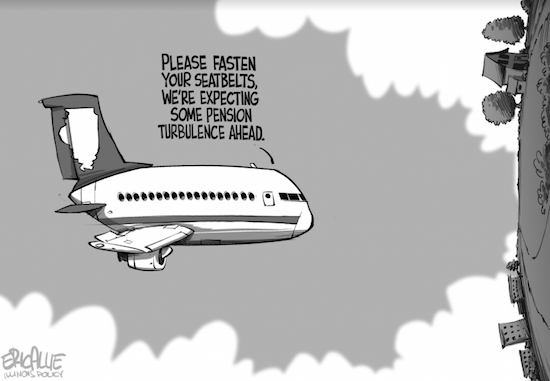Marriage has become a trophy.
In his majority opinion in Obergefell v. Hodges, Justice Anthony Kennedy wrote, “Marriage responds to the universal fear that a lonely person might call out only to find no one there.
It offers the hope of companionship and understanding and assurance that while both still live there will be someone to care for the other.” This notion that marriage is the best answer to the deep human desire for connection and belonging is incredibly seductive. When I think about getting married, I can feel its undertow. But research suggests that, whatever its benefits, marriage also comes with a cost.
As Chekhov put it, “If you’re afraid of loneliness, don’t marry.” He might have been on to something. In a review of two national surveys, the sociologists Natalia Sarkisian of Boston College and Naomi Gerstel of the University of Massachusetts at Amherst found that marriage actually weakens other social ties.
Compared with those who stay single, married folks are less likely to visit or call parents and siblings and less inclined to offer them emotional support or pragmatic help with things such as chores and transportation. They are also less likely to hang out with friends and neighbors.






